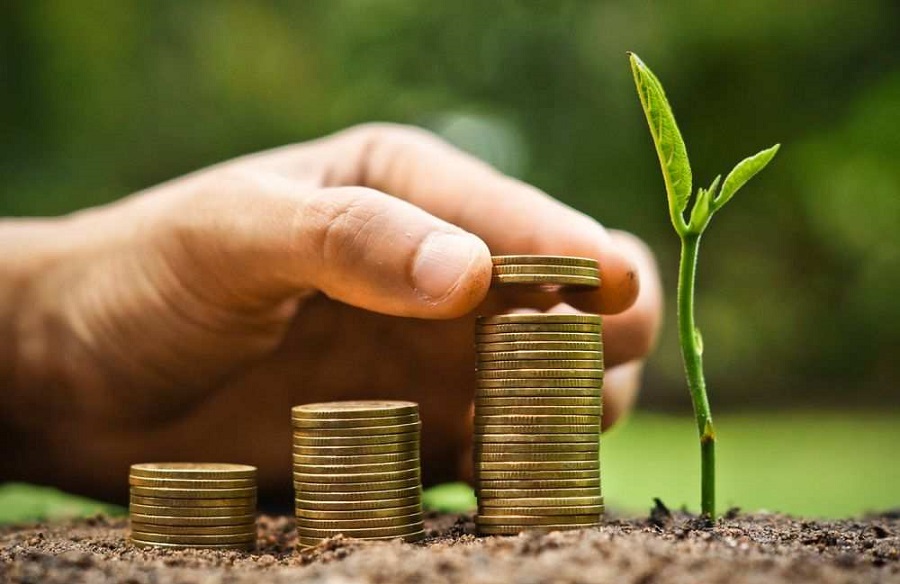RIO DE JANEIRO, BRAZIL – The State of Rio de Janeiro intends to promote the creation of a carbon credit trading exchange, operating in both the voluntary market and in the market regulated by article 6 of the Paris Agreement, which should be the subject of debate at the United Nations Climate Conference, COP26, scheduled to take place in November in Glasgow, Scotland.
As an incentive, the Rio de Janeiro state government plans to offer credits derived from existing assets, such as forests and parks.
“The state would be the promoter of this market and, as such, we are willing to place our carbon credit assets to drive it,” said Rio’s Secretary of Finance Nelson Rocha.

He said that the plan is to convert Rio into an organized market for the negotiation of all carbon credits in Brazil. Rocha says that the state’s environmental assets total about 73 million tons of CO2 equivalent. According to the quotation of the regulated European market, this volume would be worth between R$25 (US$4.7) billion and R$30 billion, he says.
Rio’s initiative in this area coincides with that of other states and municipalities, such as the Rio de Janeiro City Hall, also interested in the carbon credit market.
The Brazilian Business Council for Sustainable Development (CEBDS), an entity comprising 60 large companies, has launched a proposal to create a national, regulated and compulsory carbon market in Brazil. The carbon market is one of the ways to limit greenhouse gas emissions in the world.
The National Bank for Economic and Social Development (BNDES) is also involved in debates on the subject. “We are talking to the whole market to try to structure this in Brazil. This exchange, be it in Rio or somewhere else, means a structured environment for credits to be transacted,” said BNDES’ director of productive and socio-environmental credit Bruno Aranha.
The bank made an agreement with the Energy Planning Company (EPE) to map the demands of the oil and gas industry in the area of carbon credits, Aranha said.
The state government, in turn, has been talking to institutions and companies that could be interested in the creation of a carbon market. Rocha said he has been in contact with the CEBDS and the Brazilian Petroleum Institute (IBP). “We have spoken with large companies in the areas of oil and telecommunications,” he said.
Rocha recognized the importance of preserving the state’s forests: “When forests become monetized, the possibility of this asset receiving money opens up, which leads to having more resources to keep the forest standing, safeguarded, as in the case of the Environmental Protection Areas (APAs). An economy which will be fostered with the goal of obtaining more resources to better maintain the assets it owns.”
The secretary estimates that in 5 years it would be possible to have a consolidated and “very active” carbon market in Brazil. He said that, although the State acts as a developer, IBP’s corporate executive director Cristina Pinho said she met with Rio’s Finance Secretariat in June and confirmed the association’s interest in the discussions.
“I said [at the time] that we were interested because the oil and gas industry was working with other institutions to participate in the implementation of the regulated carbon market in Brazil, as well as in the voluntary market.”

